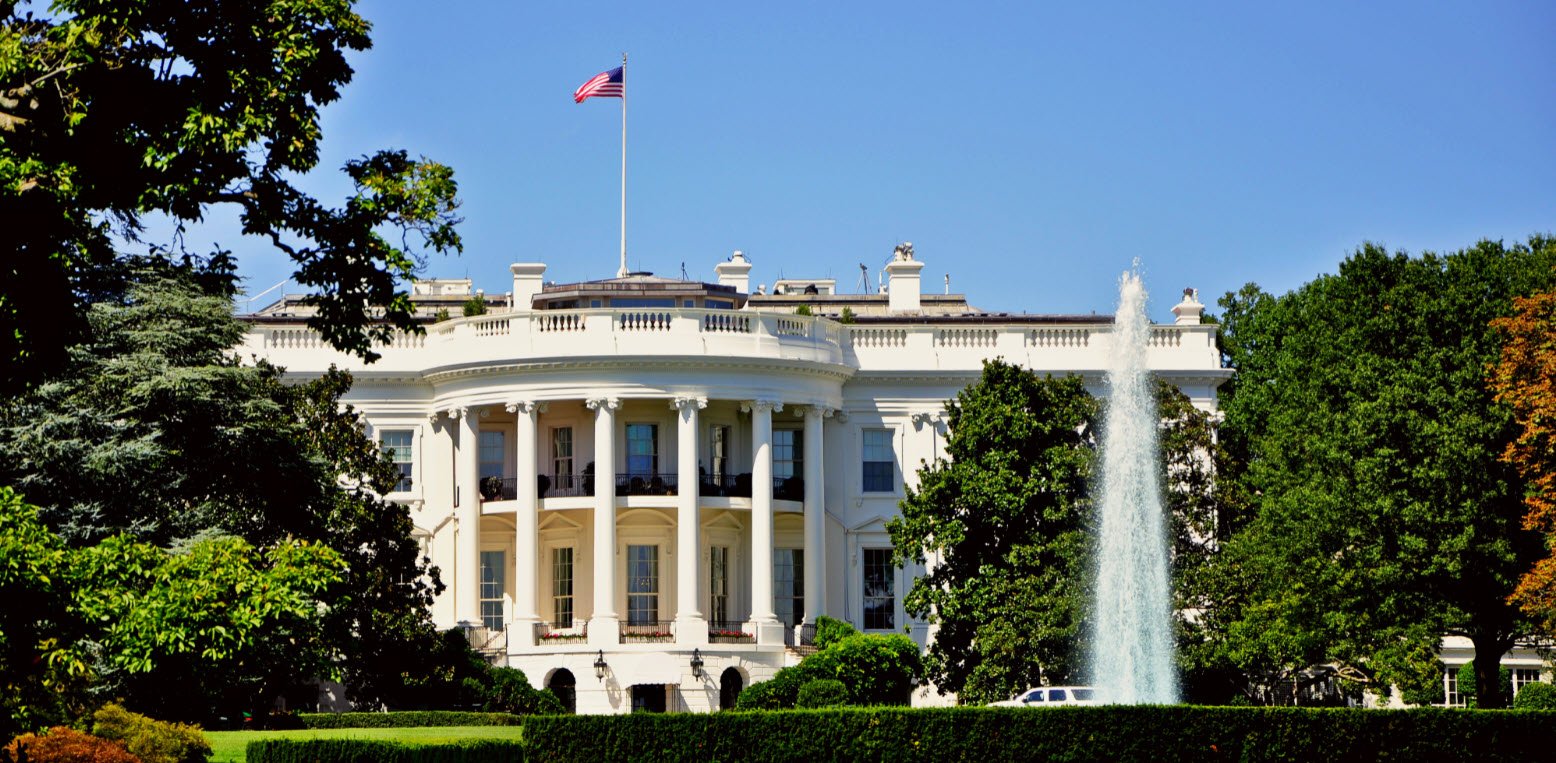A recent Washington Post article about child labor in the Brazilian acai industry underscores the need for companies to develop compliance programs intended to identify and mitigate the risk of possible child labor in their supply chains.
Not only is acai used in trendy health foods as noted in the article, but acai is also used as a base for other products. The article focuses on acai berries sourced from two regions in Brazil that are allegedly harvested from child labor and then exported from Brazil to various countries, including the United States. In the article, acai harvesting is described as “one of the most dangerous jobs in Brazil” in which young children may climb trees that are up to 65 feet tall. The article contains an image that appears to show a child maneuvering from one tree to another without coming down to the ground.
The Washington Post article states that child labor in the acai industry is being investigated by both the US and Brazilian authorities. Below we unpack what that could mean for companies with Brazilian acai in their supply chains, and what it means for companies seeking to mitigate the risk of child labor in their supply chains more broadly.
What are the key US legal risks?
It is possible that the US Bureau of International Labor Affairs in the Department of Labor (“DOL”) could be considering whether to add acai from Brazil to the 2022 editions of one or more of the three reports it publishes on child labor and forced labor practices in foreign countries. As we have previously reported on this blog, these reports make up the US Government’s key public statements on the issue of forced labor and child labor around the world. The DOL is currently accepting comments on these reports through January 15, 2022. The DOL reports do not automatically result in restrictions or prohibitions on imports into the United States, but they could influence further US Government actions and raise the risk profile for companies whose supply chains may include products identified in the reports.
Another possible US Government action could be the issuance of a Withhold Release Order (‘”WRO”) by US Customs and Border Protection (“CBP”) targeting imports containing acai from certain companies or regions in Brazil. CBP can issue a WRO if it has a “reasonable suspicion” that merchandise that is (or is likely to be) imported into the United States is produced by forced labor or indentured labor, including forced or indentured child labor.
In recent years, the US Government has also increasingly used its trade blacklists (the Entity List and Specially Designated Nationals (“SDN”) List) to target companies determined by the US Government to have been involved in human rights abuses. Such an action can result in export bans and/or, in the most extreme circumstances, being cut off from the US market altogether. These actions are not mutually exclusive. For example, the Chinese state-owned Xinjiang Production and Construction Corps (“XPCC”) has been the target of a WRO and has also been added to both the Entity List and SDN List.
Another possible risk is that companies involved in these supply chains could be sued by plaintiffs under the Trafficking Victims Protection Reauthorization Act (“TVPA”). Plaintiffs have struggled thus far to persuade courts to award damages under the TVPA. See our blog post on a recent court decision in favor of several US tech companies sued by a class of child laborers who mind cobalt in the Democratic Republic of Congo. That said, the right set of facts could lead to a different result, and either way, litigation can require a significant amount of attention and resources.
What are the key Brazilian legal risks?
The Brazilian labor authorities are increasingly investigating product supply chains in which forced labor and child labor are reported. As mentioned in the Washington Post article, this includes the acai industry.
The Amazon region, which is the biggest acai producer in the world, has been a particular focus for the Brazilian labor authorities. We are aware that since 2018, the Brazilian labor authorities have been investigating big companies with Amazonian acai in their supply chains, which is not an easy task due to local peculiarities. Acai is commonly found growing wild in the forest, so there is no need to plant it, making it difficult for companies to identify specific properties to assess for indications of child labor. Companies with acai in their supply chains are often several steps removed from the source. Many families who harvest the fruit from the wild sell the product through individuals who act as intermediaries and sell the acai to a company or to work cooperatives. Also, many individuals in the regions where acai is harvested do not even have a birth certificate, so it can be difficult to identify the age of the individuals involved in the harvest.
Since 2018, a task force has been conducted by the Ministry of Labor, the Labor District Attorney, and Federal Police to track the acai production chain and eradicate child labor. The task force is seeking to map the supply chains for companies with the Amazonian acai as a raw or final product. It also aims to increase the safety procedures and to prevent child and forced labor in harvesting the fruit.
When the involvement of children in work is identified in company’s supply chain, the consequences can include executing consent agreements with the Labor District Attorney, in which company undertakes to promote inspection and educational initiatives for producers to prohibit child labor; public civil claims involving significant penalty amounts as indemnification for pain and suffering; and infraction notices from the Ministry of Labor for involvement with child labor.
If the Brazilian authorities determine that a company’s supply chain includes child on forced labor, the company can be included on a “Dirty List” published by the Brazilian government. This can increase the risks for companies doing business in Brazil in several ways, such as:
- Reputational Risk: As the “Dirty List” is public, once it is disclosed and depending on the level of investigation that is carried out on the matter, the relationship between the company and its investors, financiers, clients and other companies in general may be compromised;
- Notifications to Public Agencies and Financial Implications: The company may face difficulties in raising money before the National Development Bank and/or other private or public banks or in contracting with the government or companies owned or controlled by the government. Inclusion in the “Dirty List” also increases the possibility for public bodies to request further information on the matter and to investigate the company. In our experience, many banks have internal regulations on loans that prevent the loan from being granted when the company is included in the Dirty List. Furthermore, the government prevents those companies listed on the Dirty List from obtaining contracts with the Governmental Financing Funds and are prevented to obtain rural credits.
- Respond to Criminal Procedures: Article 149 of the Criminal Code establishes as a crime slavery based on conditions of work, establishing the penalty of imprisonment from two to eight years and monetary fines and penalties. The penalties may be increased if committed against a child or adolescent or due to prejudice based on race, color, ethnicity, religion or origin.
What should companies do to mitigate these risks?
Companies with Brazilian acai in their supply chains should take a close look at these risks and consider whether there are opportunities to enhance their supply chain compliance programs to help mitigate these risks. This is also a reminder for companies in other industries to consider the risk of possible child labor in their supply chains and to assess whether their compliance programs are sufficiently tailored for these risks, taking into account all relevant jurisdictions. Additional compliance steps could include, among other things, third-party audits, contract clauses, and training, as appropriate.




